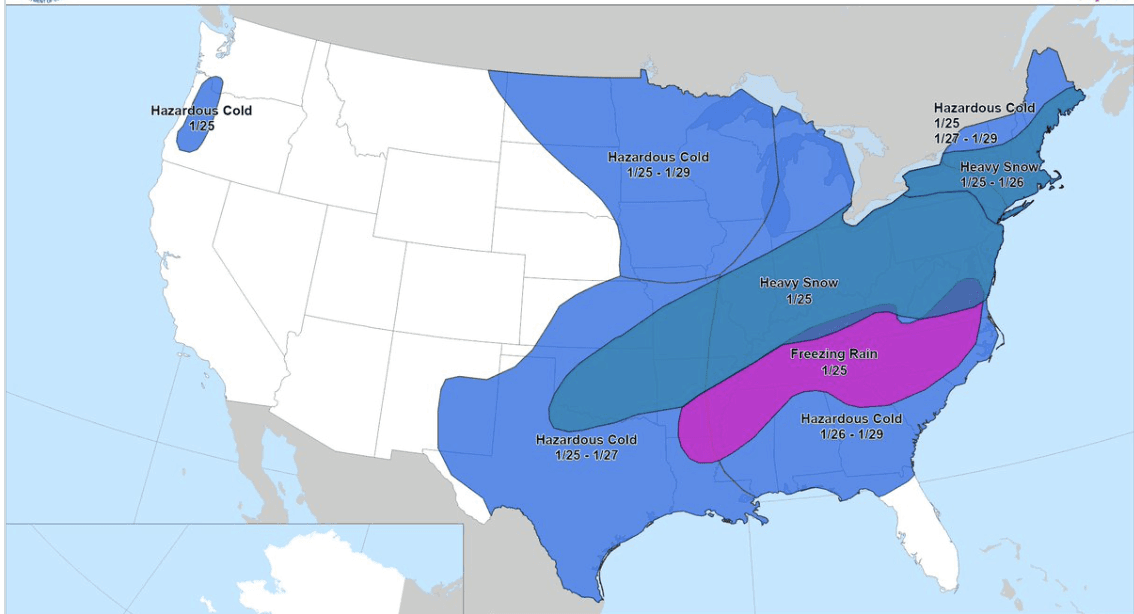Rebuild
Managing your mortgage and loan options while rebuilding
Jun 4, 2025
Recovering from a disaster is overwhelming, and financial concerns—especially mortgage payments and loans—can add to the stress. This guide walks you through what to do about your mortgage, how to access loan options, and key financial decisions to consider as you recover.
Bright Harbor Tip:
Understanding your options and taking the right steps early can help protect your home, preserve your financial stability, and support your rebuilding.
What To Do
Notify your mortgage lender
Explore options to pause mortgage payments
Plan for how you’ll use future insurance payouts
Explore loan options to support your rebuilding process
Notify Your Mortgage Lender Immediately
Your mortgage is a legally binding loan, and missing payments—even due to a disaster—can lead to late fees, decreasing credit score, or even foreclosure. Thankfully, most lenders offer relief programs for disaster survivors, but you must contact them first to qualify.
What you can do now:
Call your mortgage company and ask about disaster relief options.
Ask for a written agreement outlining forbearance terms or other relief measures.
Consider a Mortgage Forbearance or Deferment
Mortgage forbearance allows you to pause or reduce your payments, helping you free up cash for immediate needs like repairs or temporary housing. However, it does not erase your debt—at the end of your forbearance term, you’ll likely need to make up any payments you skipped in one large balloon payment.
Deferment is a temporary arrangement where your mortgage lender allows you to pause or reduce your monthly mortgage payments for a specific period, but interest continues to accrue on your loan, but payments are added to the end of your loan (extending your term).
Both approaches have their pros and cons. Forbearance is not “free money”. At the end of the forbearance period, you may owe a lump sum if your lender doesn’t offer a repayment plan. If you don’t plan for this repayment, you could risk foreclosure when the forbearance ends. Some forbearance programs may increase your monthly payments, which can strain your budget. Deferment usually extends your loan term but some mortgage lenders may offer different options to pay off paused loans.
What you can do now:
Ask your lender how long your forbearance or deferment can last. Also ask: What happens when the agree-upon time period ends? Will you need to repay all at once, or can you spread it out with repayments?
Set aside funds from insurance proceeds, FEMA grants, or SBA loans to help prepare for repayment.
Avoid Paying Off Your Mortgage with Insurance Proceeds
After a disaster, your insurance company may issue a large check for damages. While it might seem tempting to pay off your mortgage first, you might also need that cash to rebuild your home and cover any out-of-pocket costs.
If you run out of money for rebuilding, you may be forced to take out newer, higher interest loans while your home sits damaged and unfinished.
What you can do now:
Prioritize essential repairs and rebuilding before paying off debt.
Work with a financial planner or disaster recovery expert before making big financial decisions.
Explore Loan Options to Help You Rebuild
Insurance payouts don’t always cover all damages, and your savings may not be enough. Government-backed loans like SBA Disaster Loans can provide low-interest funding for repairs and rebuilding.
Without these favorable loans, you may end up using high-interest credit cards or personal loans to cover repair costs. Any delays in funding can also cause longer recovery times, leaving you in unsafe or temporary housing. You might struggle to afford quality repairs, leading to long-term structural issues with your home.
What you can do now:
Apply early—SBA loans and other programs have deadlines. You do not have to accept the loan. Knowing what you qualify for can help you weigh options and make informed decisions.
Visit the SBA Disaster Loan Assistance website to start your application.
Know that if your loan application is denied, you can appeal—many survivors are approved after resubmitting, with additional documentation.
Prioritize Rebuilding and Recovery Over Large Lump-Sum Payments
Recovery is a long-term process, and you need financial flexibility to handle it. Paying off a large debt right away might leave you short on cash when unexpected expenses arise (e.g., contractor cost overruns, temporary housing, or additional repairs).
If you focus on debt instead of rebuilding, repairs can be delayed due to lack of funds, leading to further home damage. You might also deplete your emergency savings, making future financial hardships even worse.
What you can do now:
Create a budget that balances repairs, housing, and living expenses.
Prioritize structural repairs first—cosmetic fixes can wait.
Consider rebuilding in phases to spread out costs and match up with payouts.
Get Help from Financial Experts
Disaster recovery is complex, and navigating loans, insurance claims, and mortgage relief simultaneously can be overwhelming. Financial experts can help you maximize your assistance, avoid scams, and make informed decisions.
Not getting expert help means possibly missing out on government grants and assistance programs. Consulting experts might also prevent financial mistakes that could set back your recovery.
What you can do now:
Contact a HUD-approved housing counselor for free guidance.
If facing foreclosure, seek legal aid services that specialize in disaster cases.
Focus on Recovery, Not Just Debt
The financial decisions you make in the first few months after a disaster can impact your long-term recovery. Prioritizing mortgage relief, low-interest loans, and strategic rebuilding can help you avoid unnecessary financial strain and set you up for a successful recovery.




